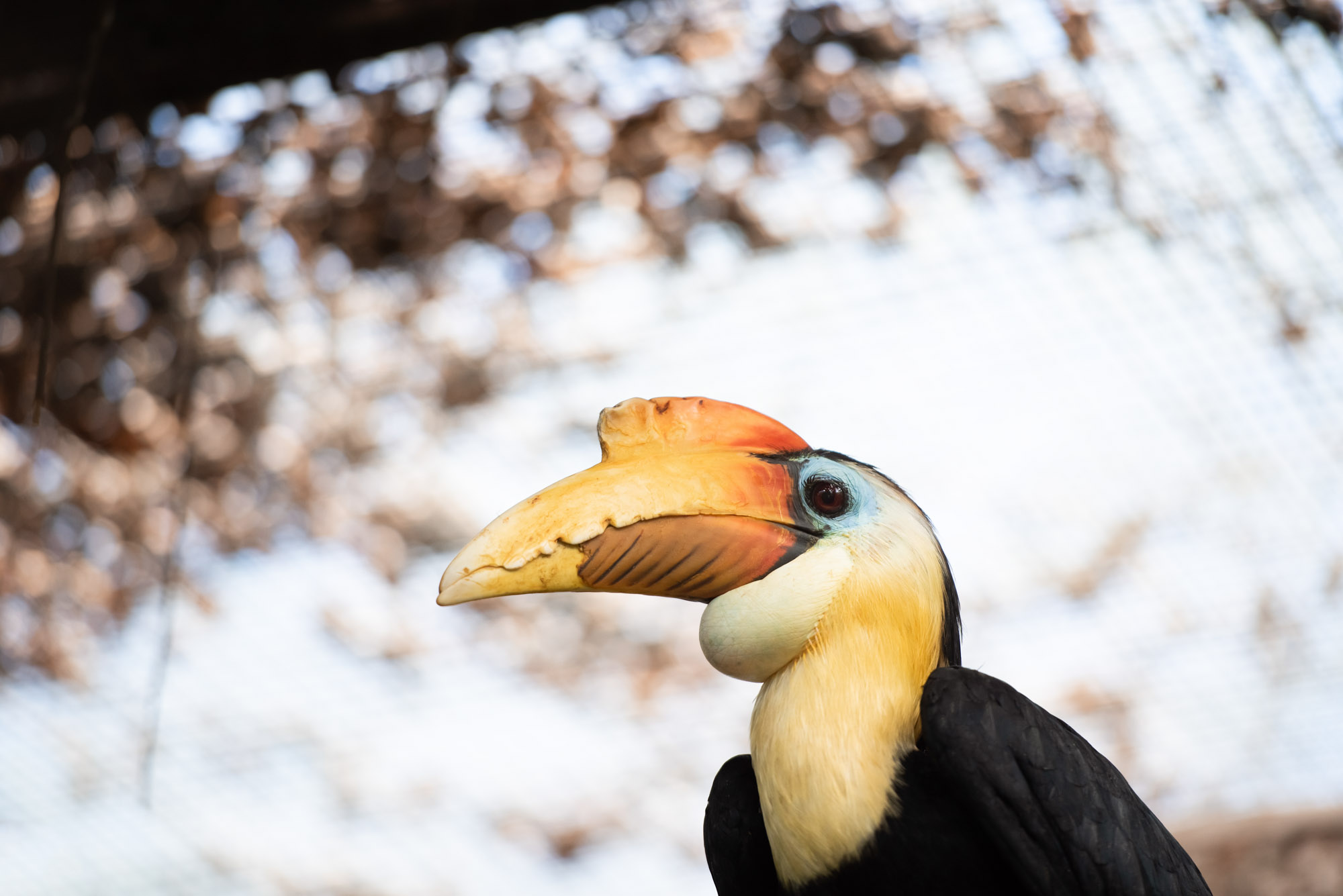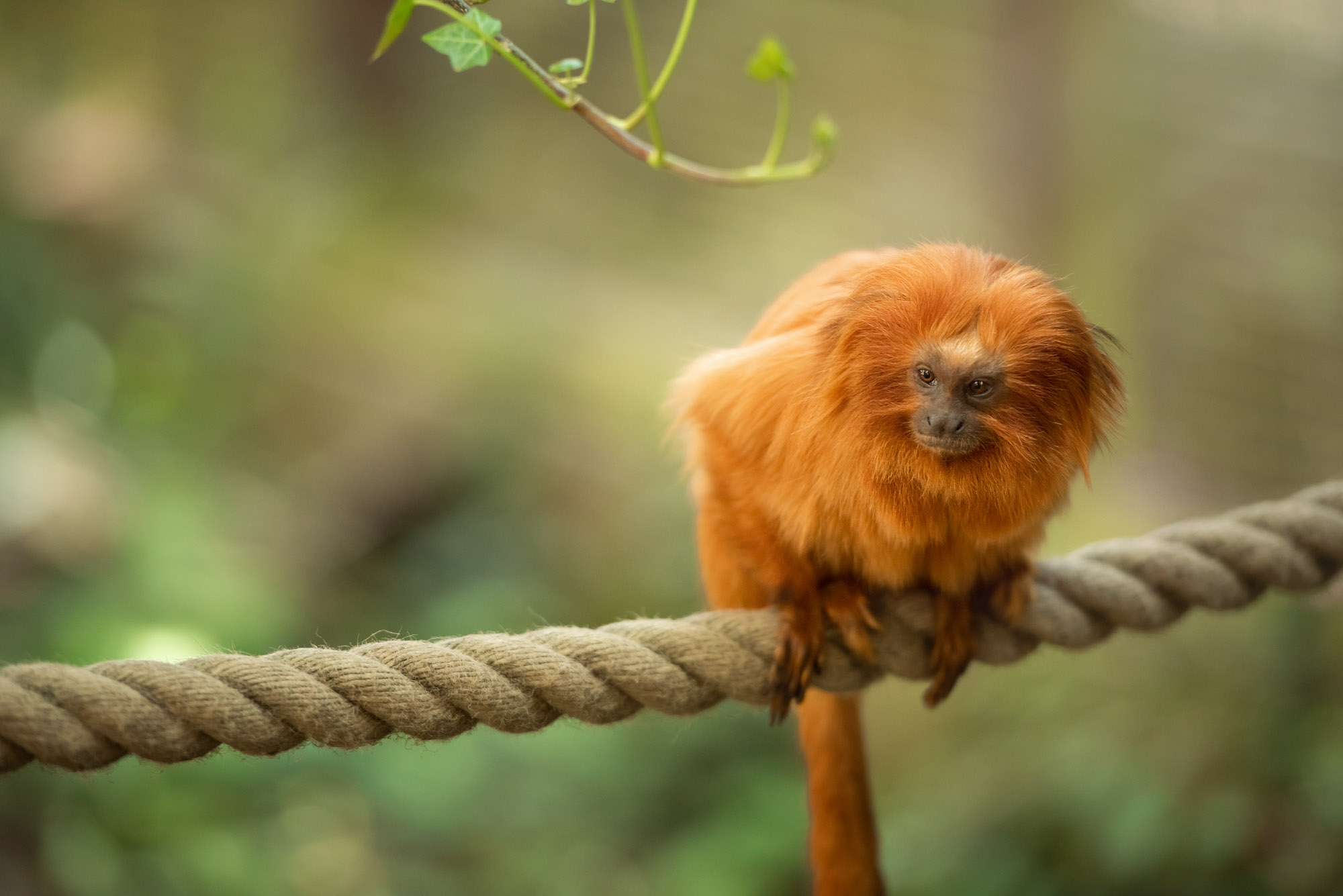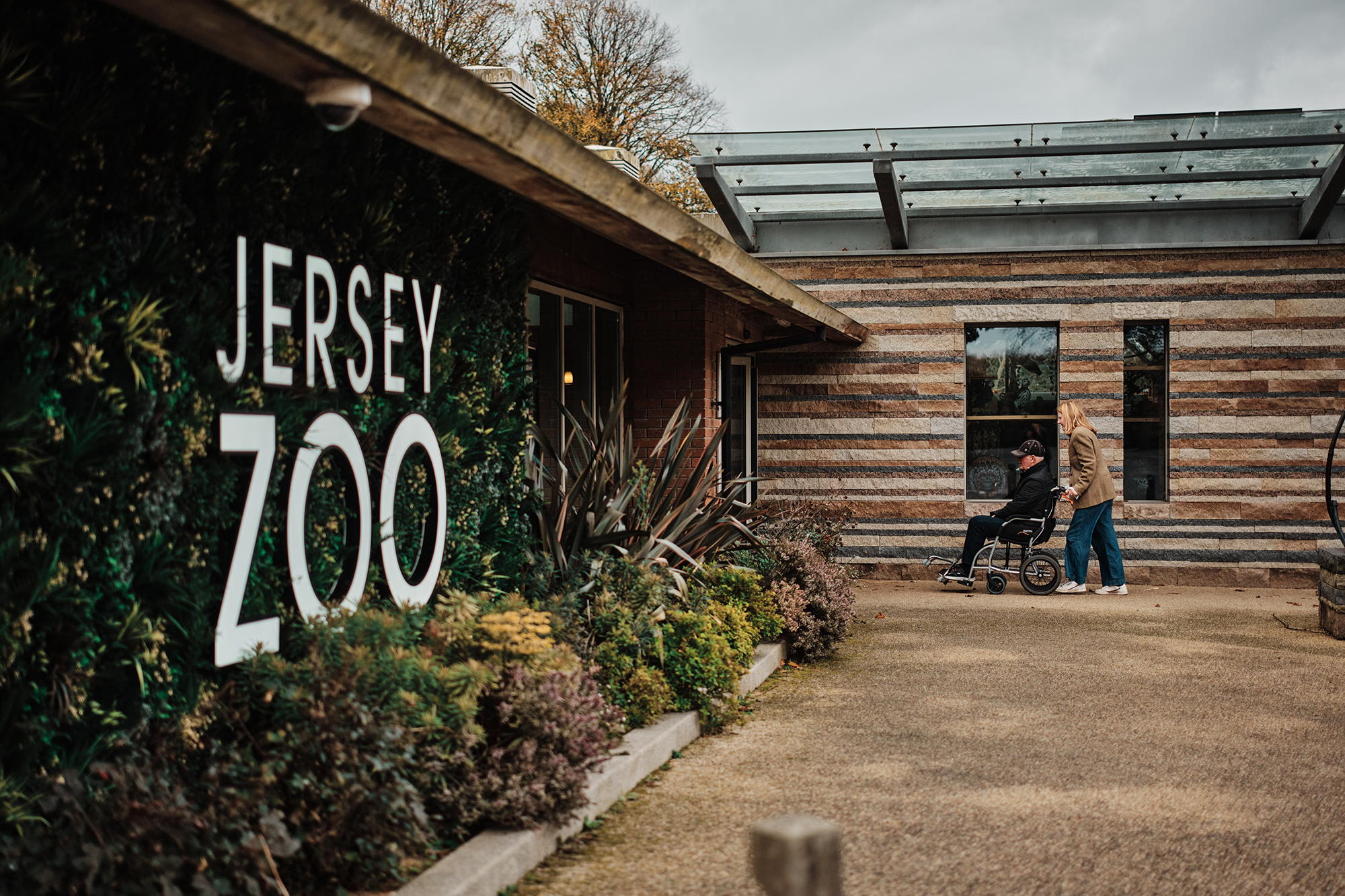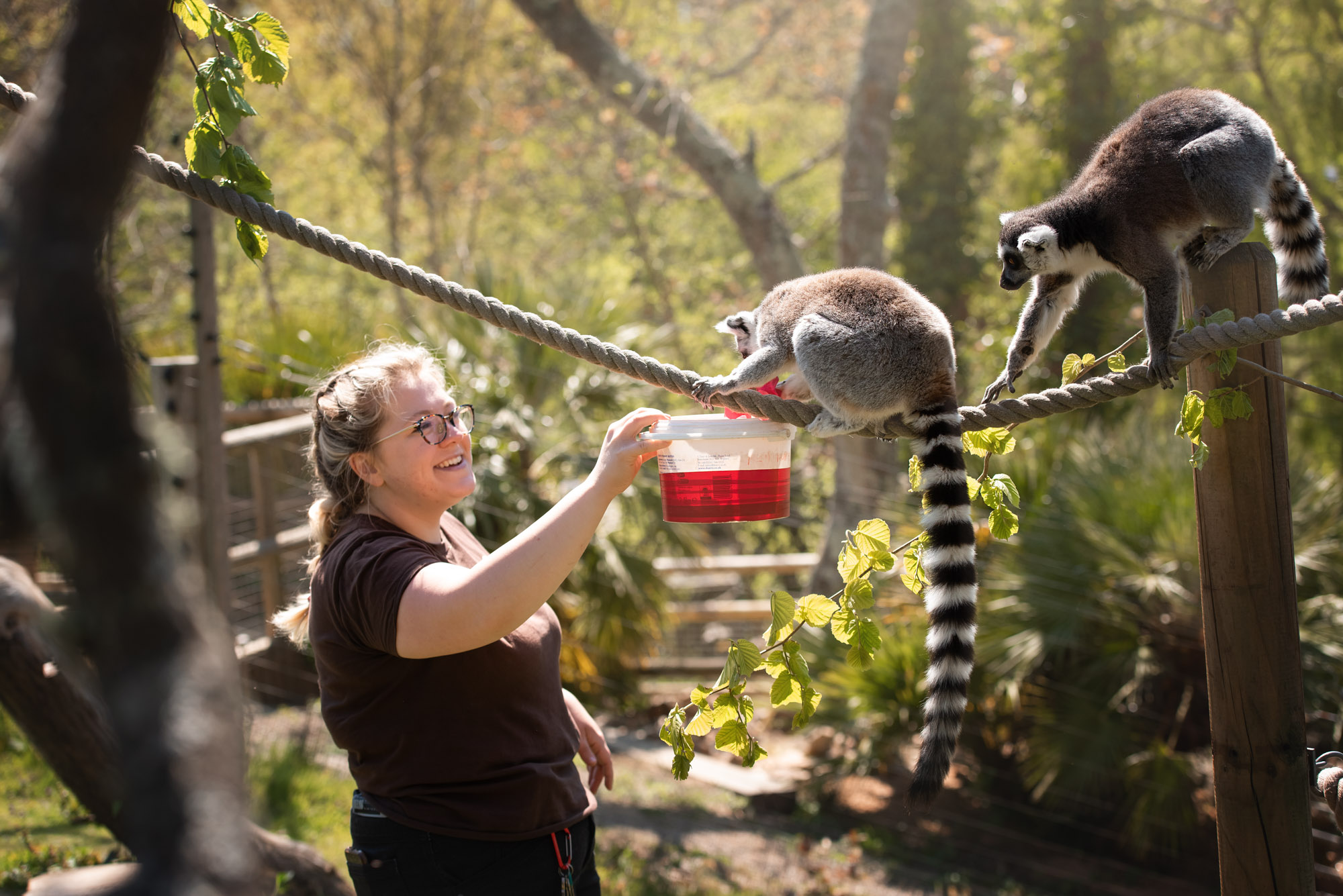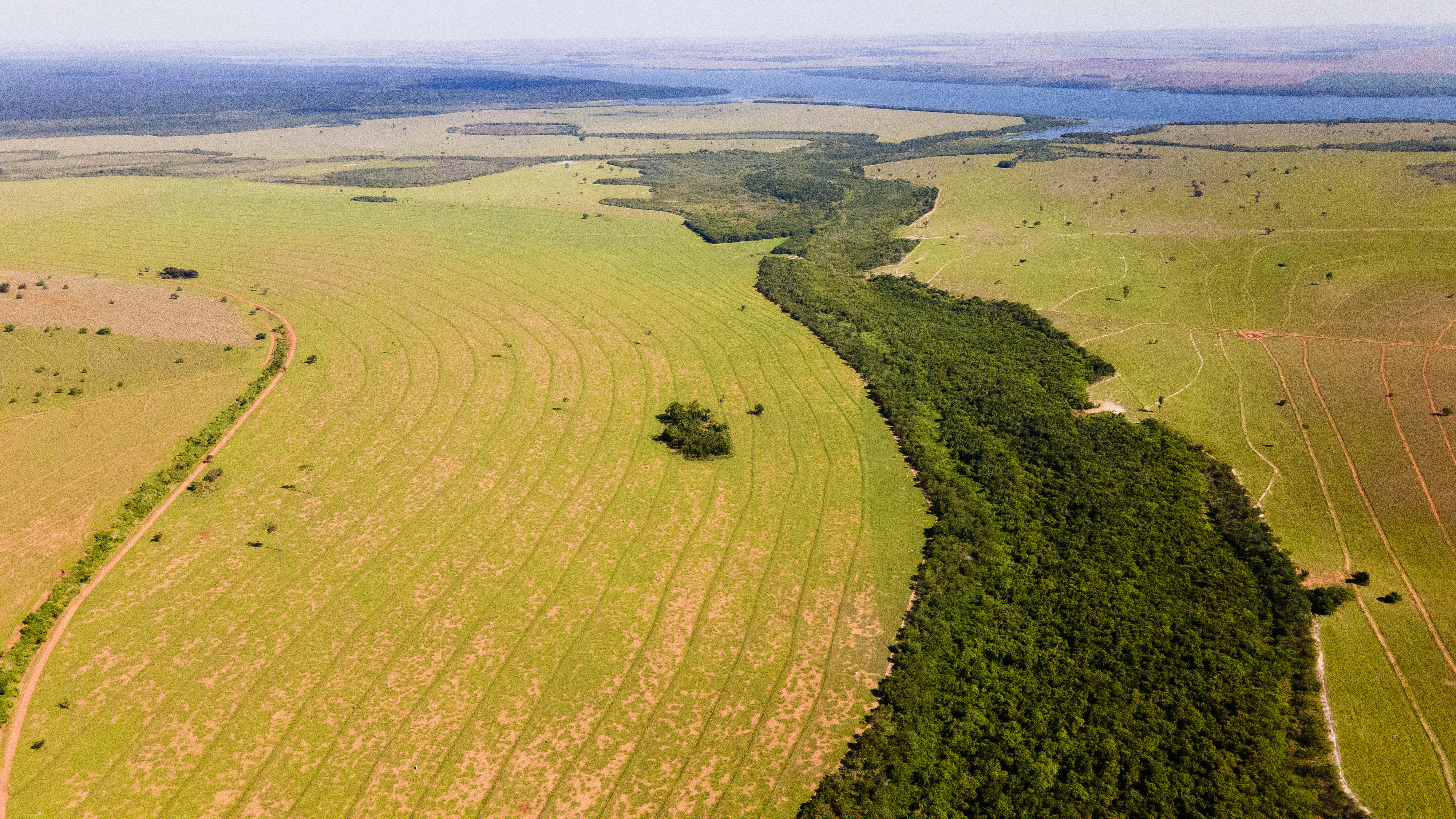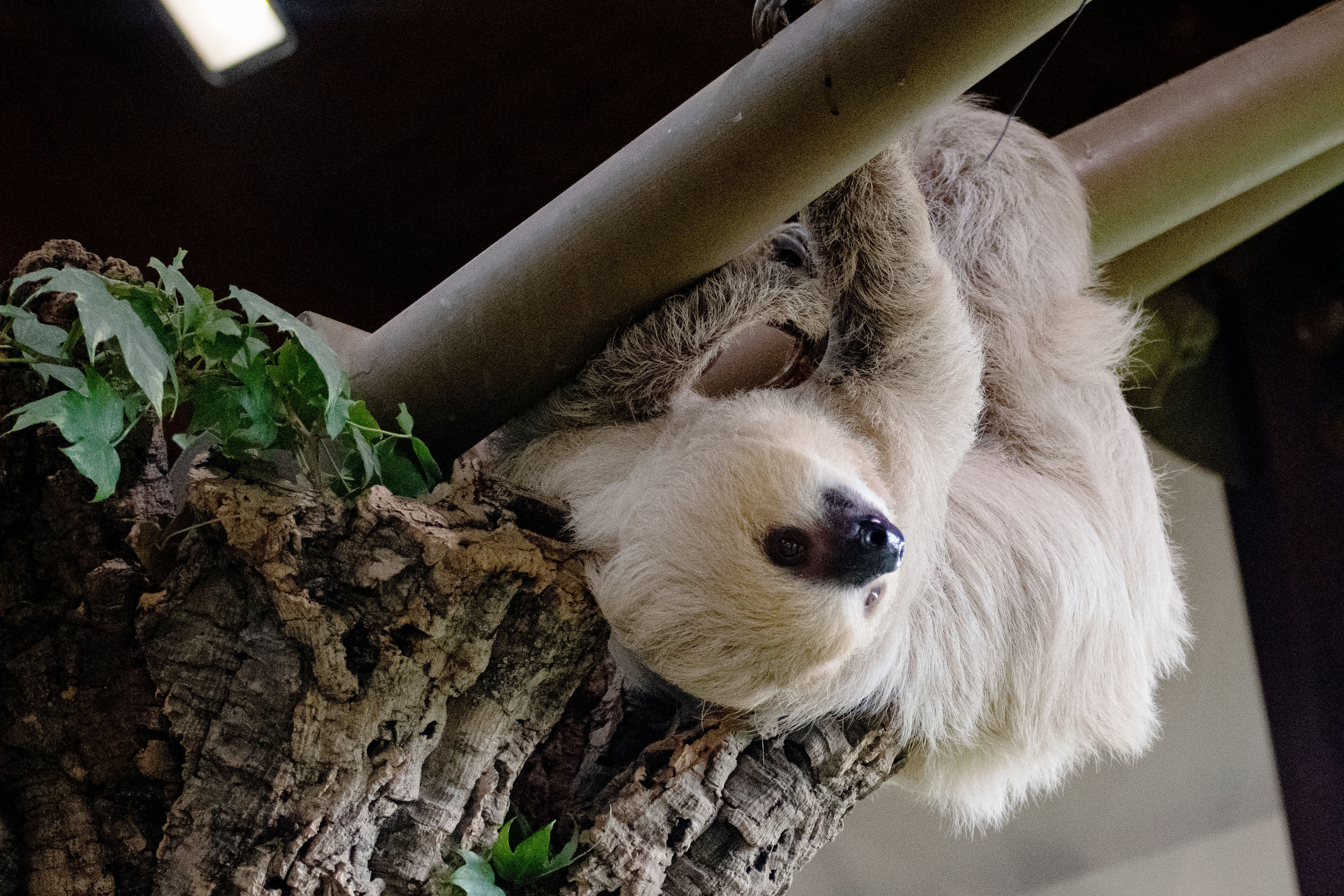Looking out for the little guys
26 December 2023
In Mauritius, Durrell works with a range of fascinating species. Alongside our partners, we are involved in conserving species of the Mauritian offshore islands, including many native reptiles, pink pigeons, unique seabird colonies, Aldabra giant tortoises, and critically endangered plants such as the last wild hurricane palm.
However, invertebrates are one of the most overlooked yet vital parts of the Mauritian ecosystem. Insects are the largest and most diverse group of organisms on Earth. They play a crucial role in food webs and provide valuable ecosystem services, such as pollination, decomposition, and soil quality improvement.
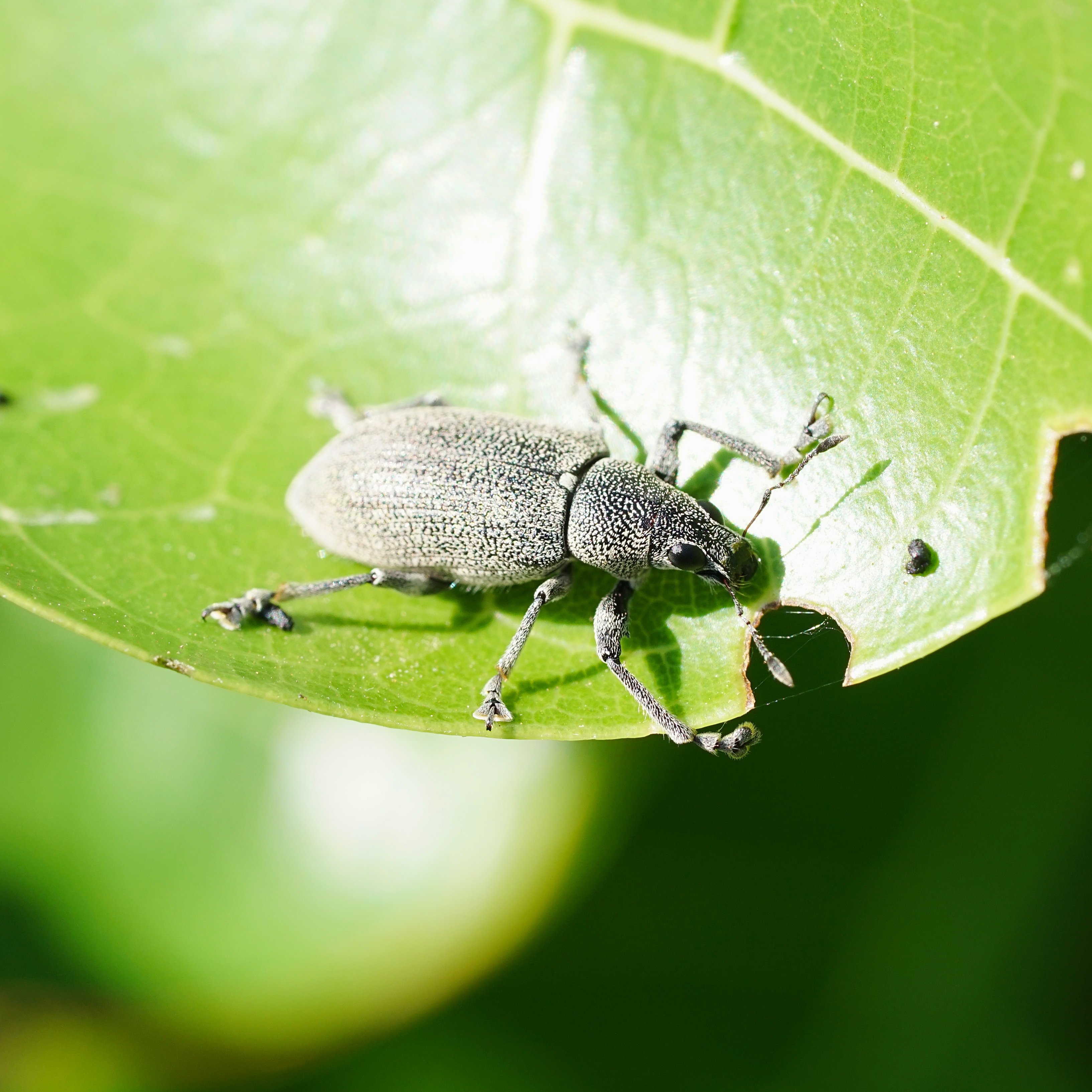
Our team in Mauritius recently completed an insect “BioBlitz”, creating a snapshot of the variety of life found in a chosen location. Knowing which invertebrate species live at our field sites is hugely important for our conservation work on these special islands. It helps us to understand aspects such as the availability of food for endangered lizard species and the impact of our restoration efforts on the entire ecosystem. We can then use these findings to monitor changes in invertebrate populations over time, showing the positive impact our work is having. The BioBlitz team was led by Dr Maximillian Tercel, who had previously completed his PhD on ant ecology on Mauritius’ Round Island, connecting our academic research support with our field conservation activities.
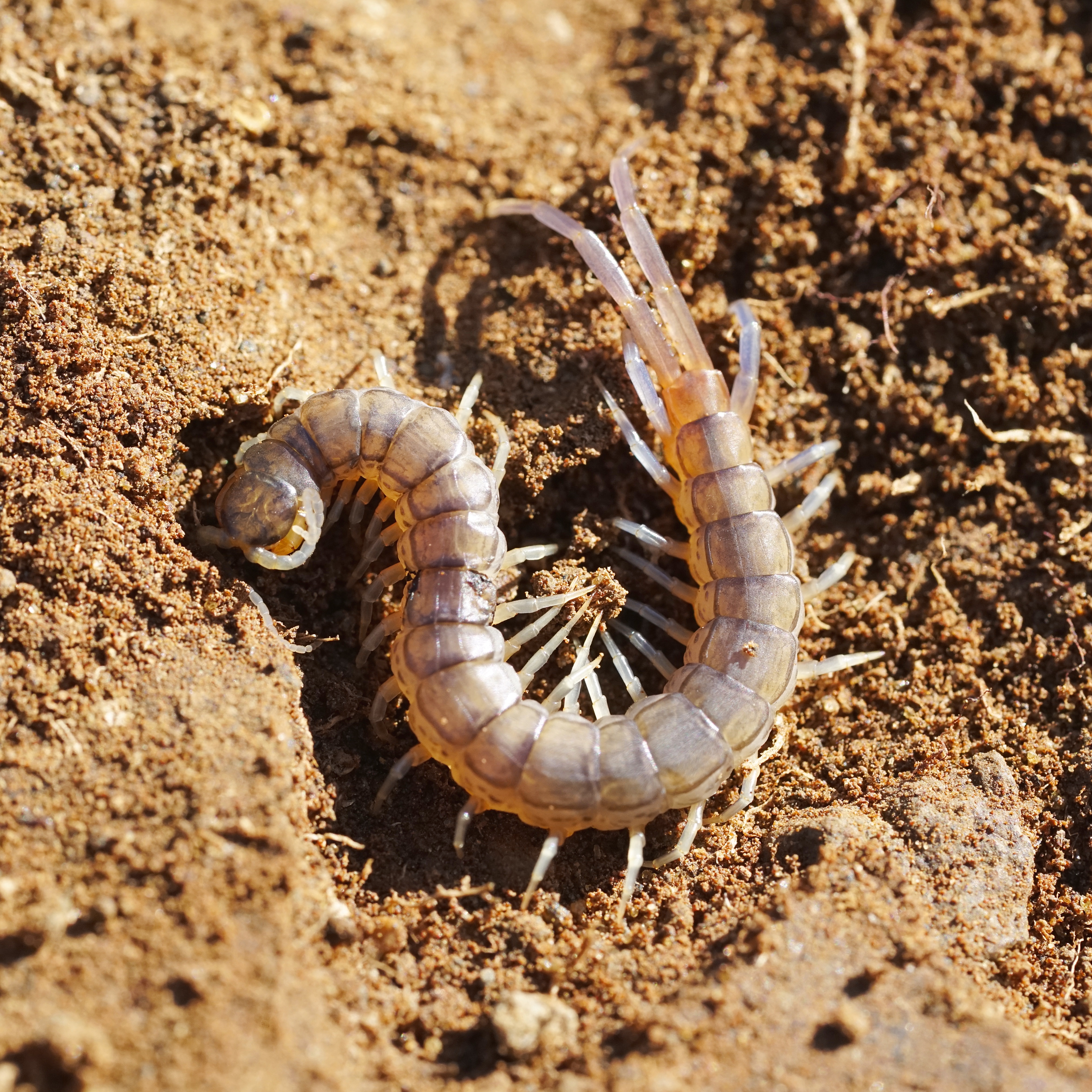
During the BioBlitz, the team made some exciting discoveries. They embarked on seven expeditions to offshore islands of Mauritius over 86 days. Using various techniques on each island, such as pitfall traps and sweep netting, over 45,000 individual invertebrates were captured and processed. The team estimates that these specimens represent approximately 500 species, from moths and butterflies to beetles, flies, and ants. Some could even be new to science!
We will use the results from the expeditions to find out how these invertebrate communities vary from one another and how they may have been historically affected by habitat destruction or invasive species. Through our partnership with London's Natural History Museum, we look forward to identifying these insects at species level.
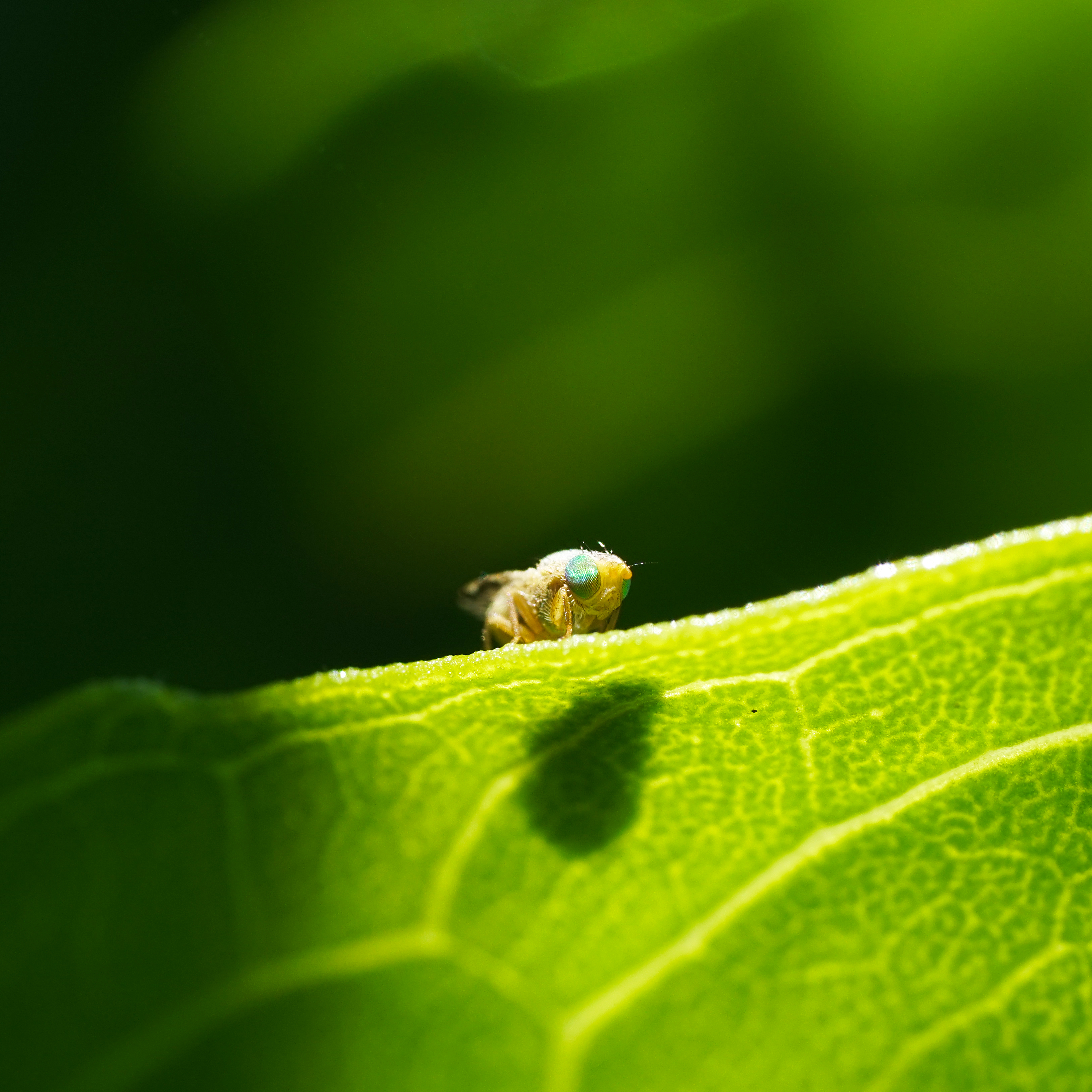
The Mauritius Island Restoration Programme is a partnership between Durrell Wildlife Conservation Trust, the Mauritian Wildlife Foundation (MWF) the National Parks and Conservation Service (NPCS), and the Forestry Service, Government of Mauritius.

